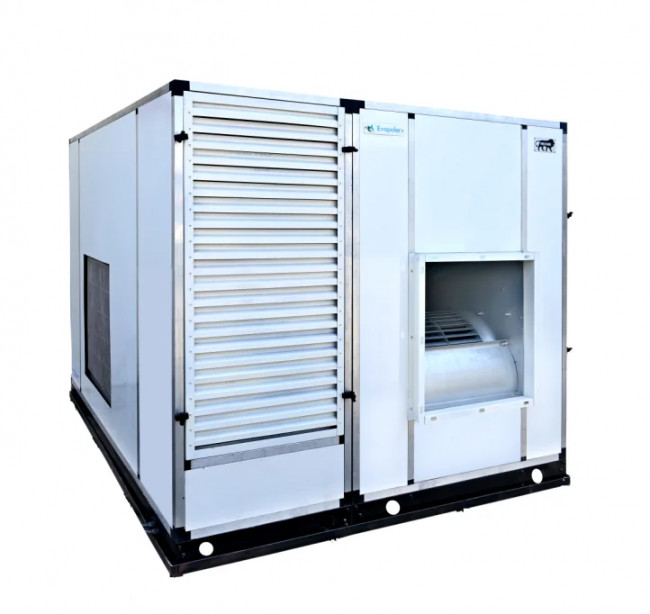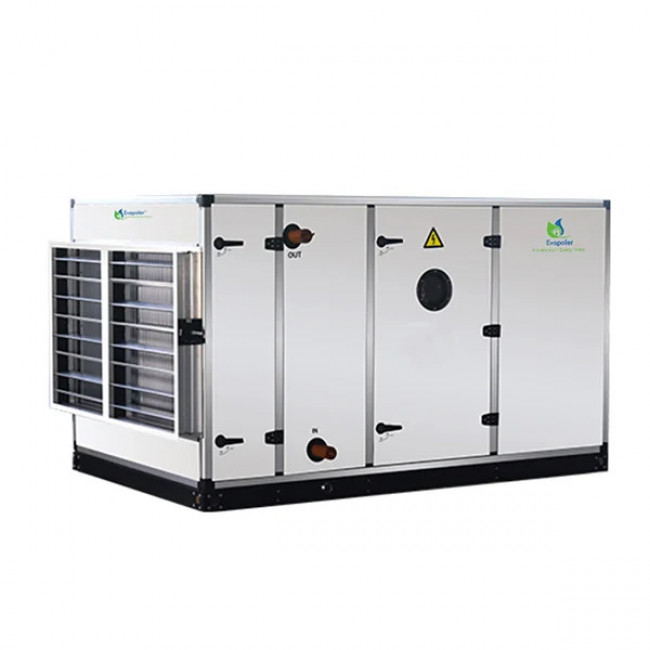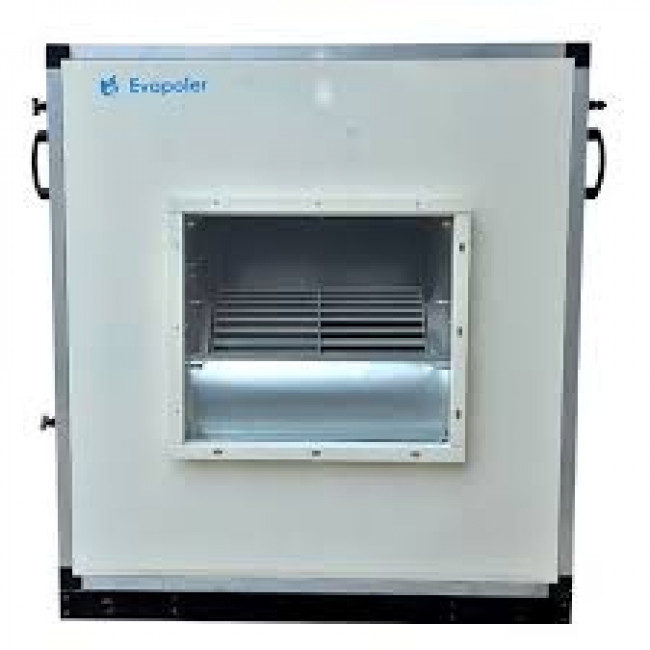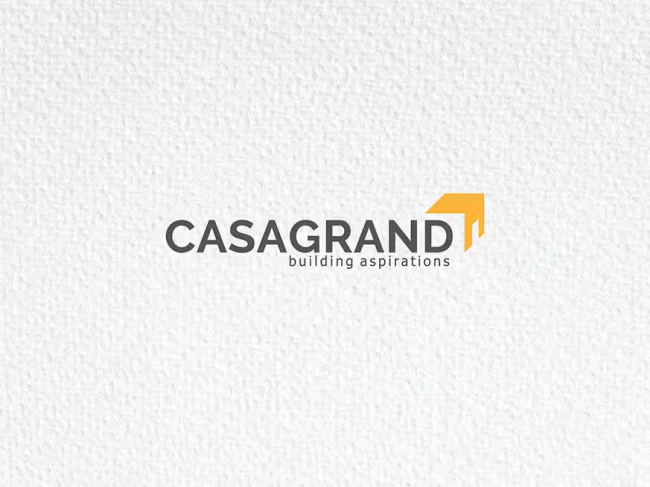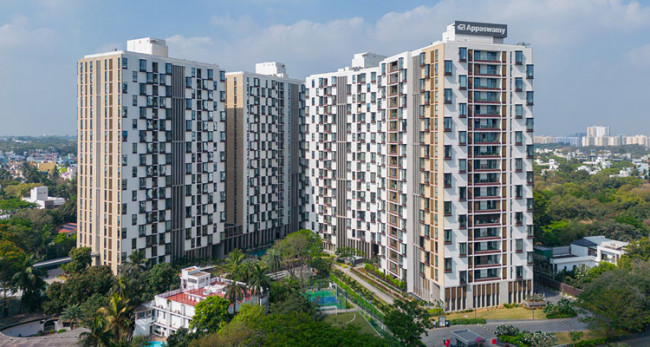Evaporative Air Coolers Are Ideal for Central Cooling in Industrial Spaces
Efficient cooling is critical for maintaining productivity, protecting machinery, and ensuring a comfortable work environment in industrial spaces. With vast areas to manage, traditional cooling systems often fall short due to high energy consumption and significant operational costs. Enter evaporative air coolers — a solution that has emerged as the most energy-efficient and cost-effective option for central cooling in large industrial spaces.
This blog delves into the many reasons why evaporative air coolers are ideal for industrial central cooling, covering their operational principles, benefits, and applications, along with their environmental impact and long-term advantages.
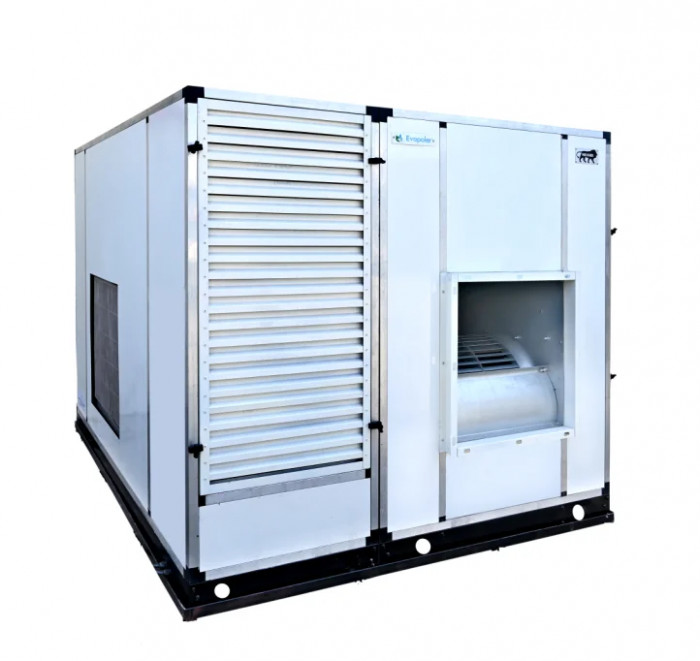
1. Understanding Evaporative Air Coolers
Evaporative air coolers operate on the simple yet effective principle of evaporation. When warm air passes over water-saturated cooling pads, the water absorbs the heat, evaporates, and releases cool, humidified air into the environment. Unlike conventional air conditioning systems that rely on compressors and refrigerants, evaporative coolers use a fan and water pump, making them energy-efficient and eco-friendly.
In central cooling setups, multiple evaporative coolers are strategically placed to provide uniform cooling across large spaces. This setup ensures a consistent temperature, even in areas with high heat loads or significant airflow requirements.
2. Benefits of Evaporative Air Coolers for Industrial Central Cooling
a. Energy Efficiency
Energy consumption is a significant concern in industrial operations. Traditional HVAC systems demand substantial electricity due to their reliance on compressors and refrigerants. Evaporative air coolers, on the other hand, consume up to 80% less energy, relying primarily on water evaporation and fan operation. This efficiency makes them a cost-effective and sustainable choice for industries.
b. Cost-Effective Solution
Installing and operating a central cooling system with evaporative air coolers is significantly more affordable than traditional systems. Key factors contributing to cost savings include:
- Lower Installation Costs: Evaporative coolers require minimal ductwork and infrastructure.
- Reduced Operational Costs: Lower energy consumption leads to significantly reduced electricity bills.
- Minimal Maintenance Expenses: With fewer mechanical components, these systems are easier and cheaper to maintain.
c. Environmentally Friendly
Evaporative air coolers are a green alternative to conventional air conditioning systems. They use water instead of refrigerants, which are harmful to the environment and contribute to greenhouse gas emissions. Their low energy usage also reduces the carbon footprint of industrial operations.
d. Improved Air Quality
In addition to cooling, evaporative air coolers introduce fresh, filtered air into the space. This process helps reduce indoor air pollutants, such as dust, fumes, and odors, creating a healthier work environment. The constant influx of fresh air also prevents the recirculation of stale air, which is common in traditional systems.
e. Humidity Control
Evaporative coolers naturally add moisture to the air, which can be beneficial in dry and arid climates. This added humidity prevents issues like static electricity and dry skin, ensuring a comfortable workspace for employees.
f. Scalability and Flexibility
Evaporative air coolers are highly scalable and can be customized to meet the specific cooling requirements of an industrial facility. Whether you need cooling for a small workshop or a massive manufacturing plant, these systems can be tailored to deliver optimal performance.
3. Applications of Evaporative Air Coolers in Industrial Spaces
Evaporative air coolers are versatile and can be used across a wide range of industrial settings, including:
a. Manufacturing Plants
Large-scale manufacturing facilities generate significant heat from machinery and processes. Central cooling with evaporative air coolers ensures consistent temperatures, protecting equipment and maintaining productivity.
b. Warehouses and Storage Units
Warehouses often lack insulation, making them susceptible to extreme temperatures. Evaporative coolers provide an efficient way to regulate temperature and protect temperature-sensitive goods.
c. Workshops
Workshops can become uncomfortable for workers due to heat generated by equipment. Evaporative cooling systems improve air quality and create a comfortable environment, boosting employee morale and productivity.
d. Greenhouses
In agriculture and horticulture, maintaining optimal temperatures is crucial. Evaporative air coolers help regulate temperature and humidity levels in greenhouses, promoting healthy plant growth.
e. Data Centers
Data centers require precise temperature control to prevent overheating of servers and equipment. Evaporative cooling systems can be integrated with other cooling technologies to achieve efficient and cost-effective temperature regulation.
4. Comparing Evaporative Coolers to Traditional HVAC Systems
When choosing a cooling solution for industrial spaces, it’s essential to understand the key differences between evaporative coolers and traditional HVAC systems:
| Feature | Evaporative Air Coolers | Traditional HVAC Systems |
|---|---|---|
| Energy Consumption | Low | High |
| Operating Costs | Low | High |
| Environmental Impact | Eco-friendly | Uses refrigerants, higher impact |
| Installation Complexity | Simple | Complex |
| Maintenance Requirements | Minimal | High |
| Air Quality | Fresh, filtered air | Recirculates indoor air |
5. Sustainability and Long-Term Benefits
Adopting evaporative air coolers for industrial central cooling aligns with global sustainability goals. These systems offer long-term benefits, including:
- Reduced Carbon Footprint: Lower energy consumption and the absence of refrigerants contribute to a greener planet.
- Operational Savings: Businesses benefit from reduced utility bills and maintenance costs.
- Enhanced Reputation: Companies adopting eco-friendly technologies can enhance their brand image and attract environmentally conscious clients.
6. Challenges and Considerations
While evaporative air coolers are highly effective, there are certain considerations to keep in mind:
- Climate Suitability: These systems work best in hot and dry climates. In regions with high humidity, their cooling efficiency may decrease.
- Water Usage: Evaporative coolers require a consistent water supply. Businesses should assess water availability and costs before installation.
- Periodic Maintenance: While maintenance is minimal, regular cleaning of cooling pads and water systems is essential to ensure optimal performance.
7. Conclusion
Central air cooling with evaporative air coolers is a game-changer for industrial spaces. Their unmatched energy efficiency, cost-effectiveness, and environmental benefits make them the ideal choice for large-scale cooling. Whether you operate a manufacturing plant, warehouse, or data center, evaporative coolers provide a sustainable solution to meet your cooling needs.
By partnering with a professional supplier and installer, businesses can leverage the full potential of this technology, ensuring consistent performance and long-term savings. Embrace evaporative air coolers today and transform your industrial cooling system into an energy-efficient and eco-friendly powerhouse.
Evapoler.com : Central Air Cooling System for Industrial Cooling Solutions | Evapoler
Central air cooling with evaporative air coolers is most energy efficient and cost effective industrial Cooling solution to cool large industrial and commercial system and spaces

